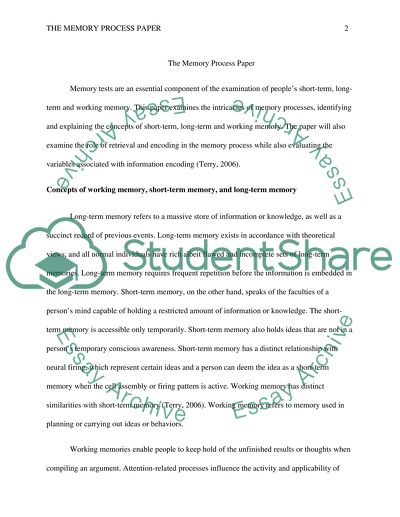Cite this document
(“The Memory Process Research Paper Example | Topics and Well Written Essays - 1000 words”, n.d.)
The Memory Process Research Paper Example | Topics and Well Written Essays - 1000 words. Retrieved from https://studentshare.org/psychology/1456675-the-memory-process-paper
The Memory Process Research Paper Example | Topics and Well Written Essays - 1000 words. Retrieved from https://studentshare.org/psychology/1456675-the-memory-process-paper
(The Memory Process Research Paper Example | Topics and Well Written Essays - 1000 Words)
The Memory Process Research Paper Example | Topics and Well Written Essays - 1000 Words. https://studentshare.org/psychology/1456675-the-memory-process-paper.
The Memory Process Research Paper Example | Topics and Well Written Essays - 1000 Words. https://studentshare.org/psychology/1456675-the-memory-process-paper.
“The Memory Process Research Paper Example | Topics and Well Written Essays - 1000 Words”, n.d. https://studentshare.org/psychology/1456675-the-memory-process-paper.


